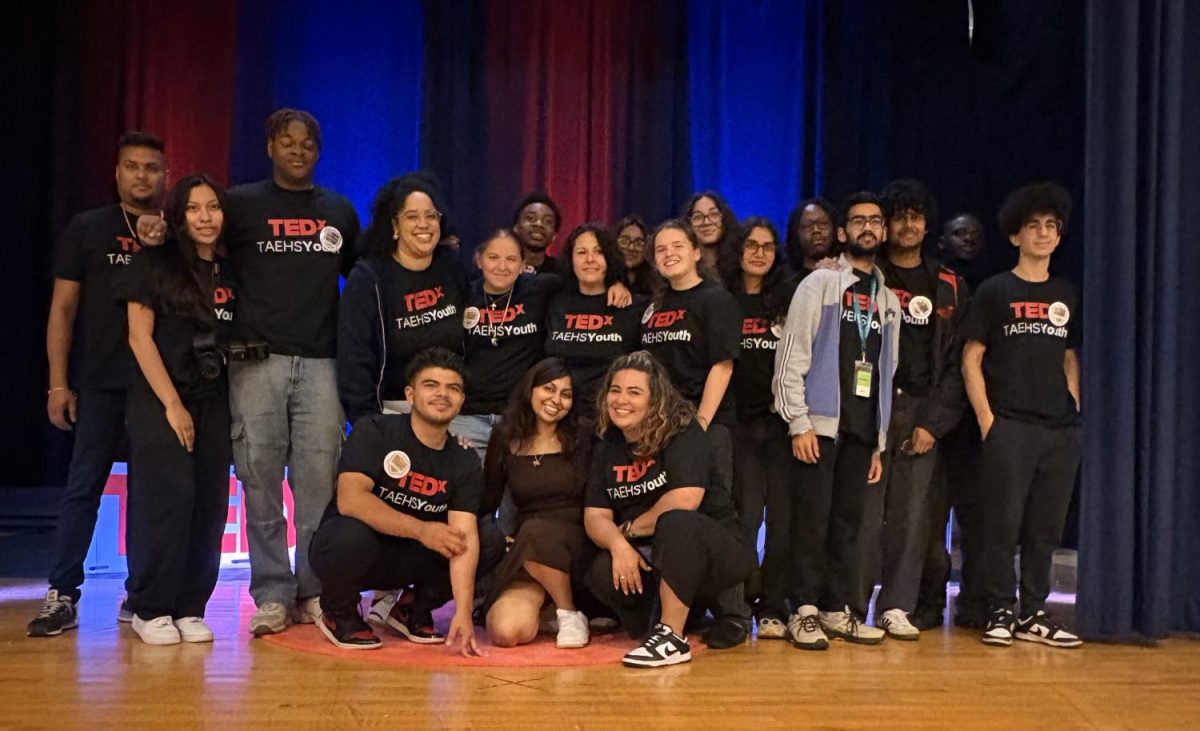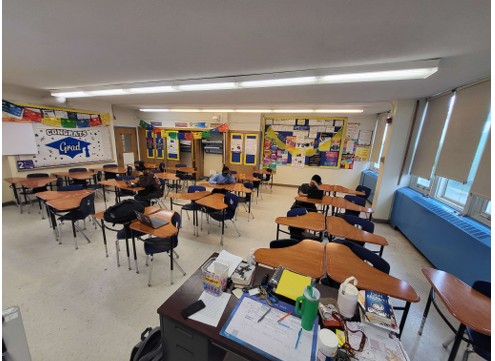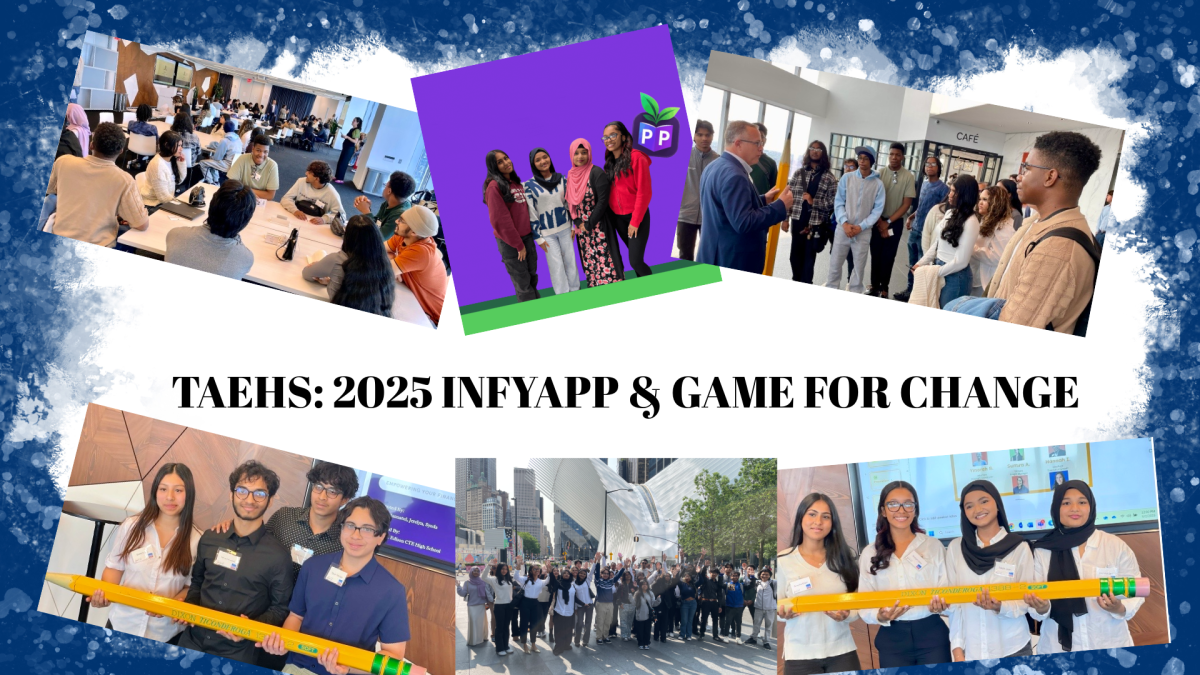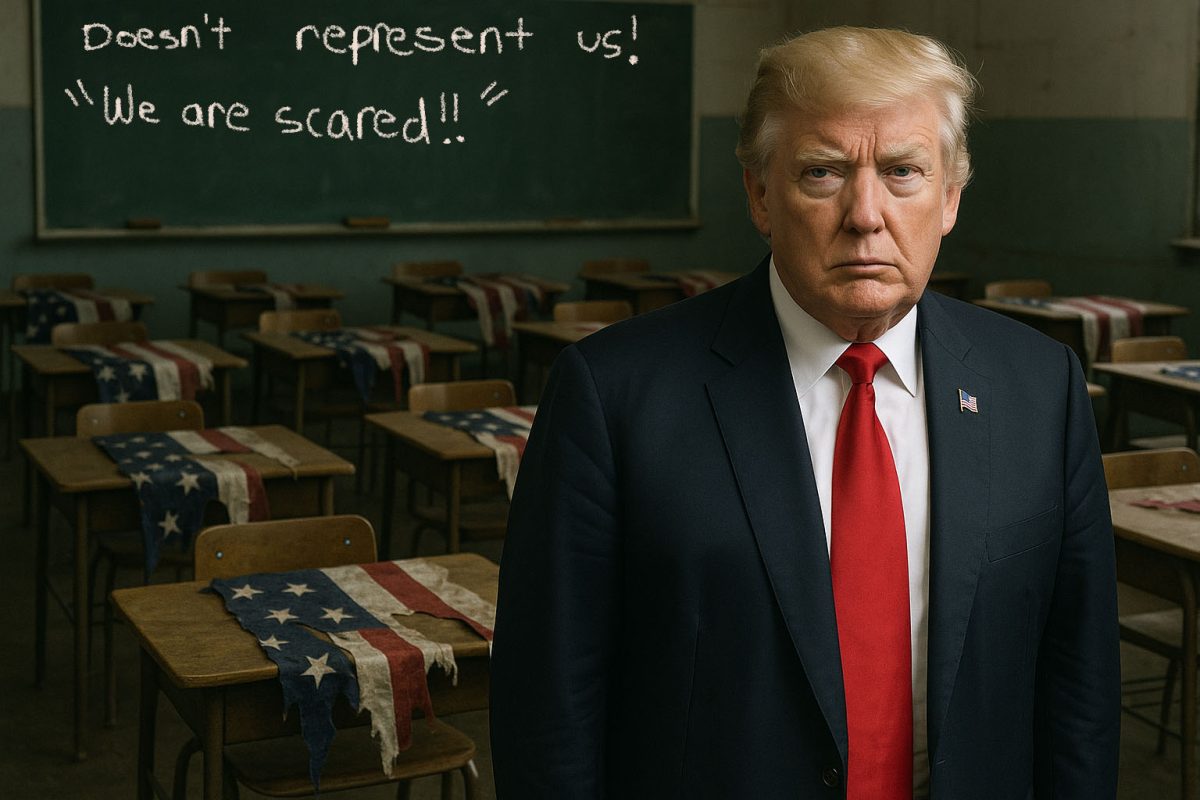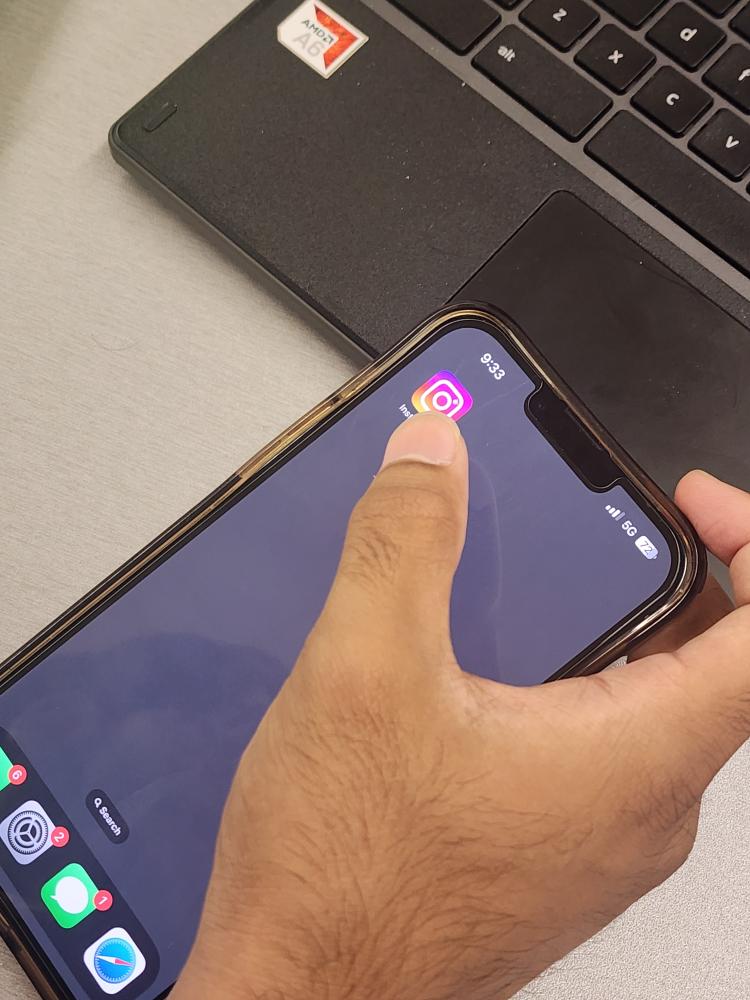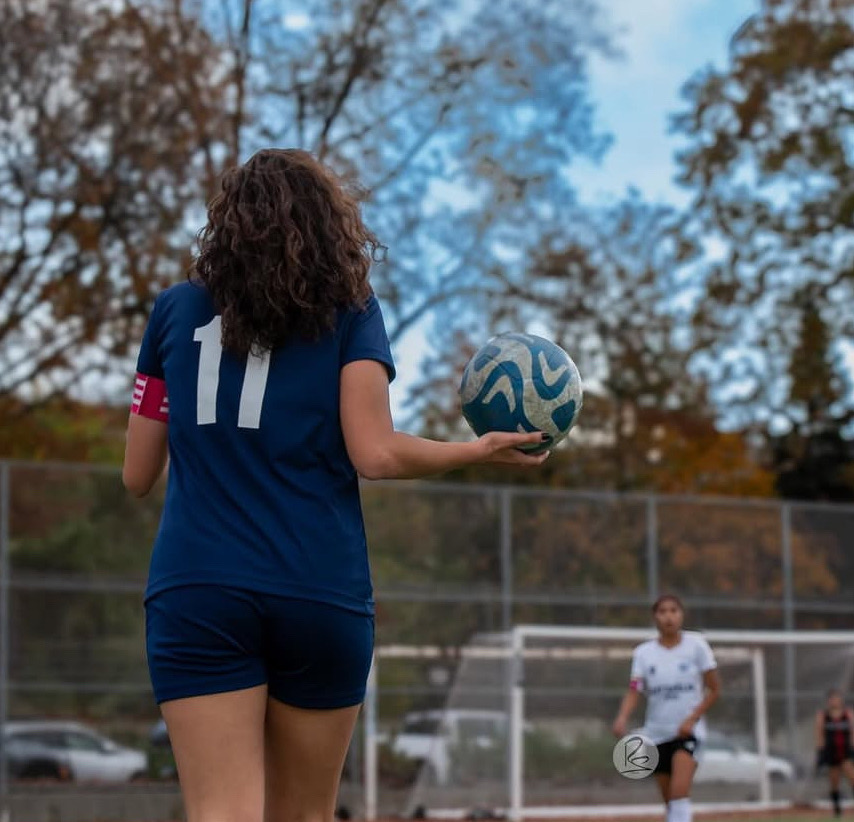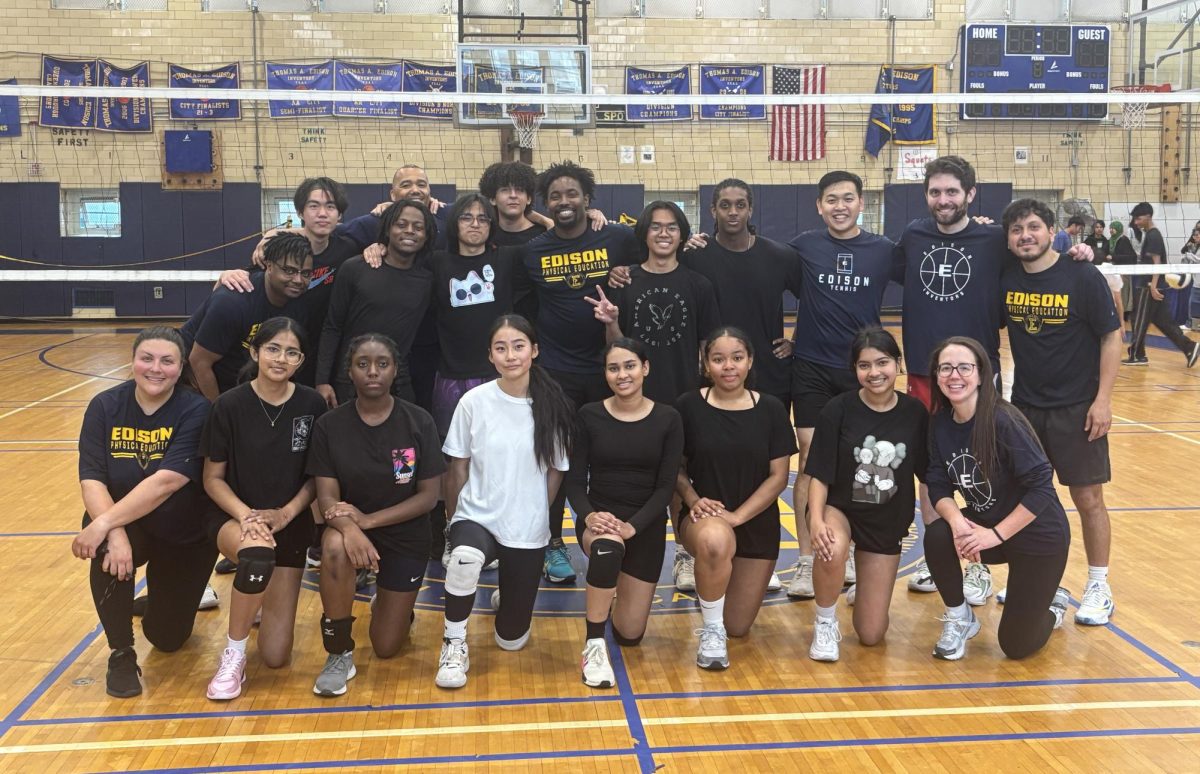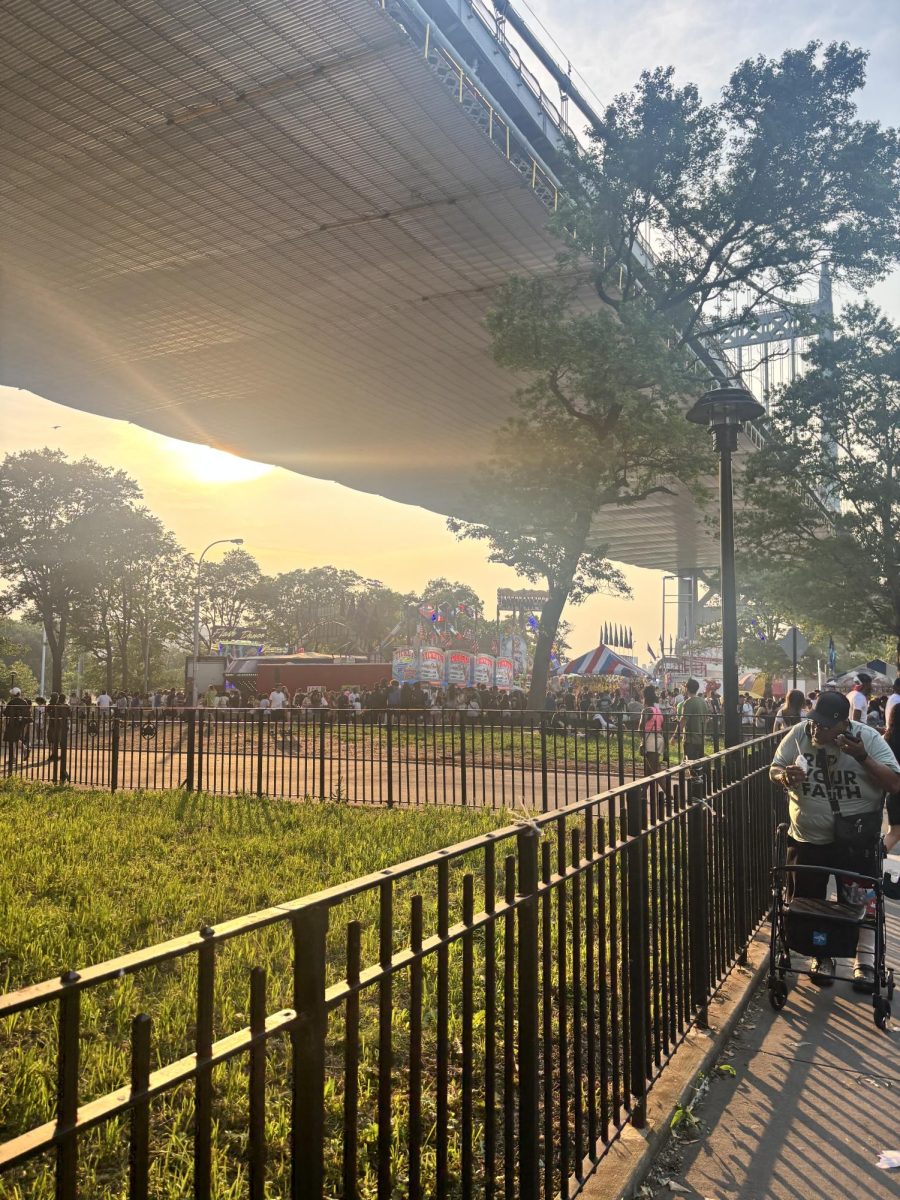Being Black in America is sitting in a classroom amongst students who look nothing like you, turn their heads to stare when the history teacher says the next unit is about slavery. Surrounded by looks of disgust and pity as you think “Why are they staring at me?” People stare because the only part of Black history that they are familiar with is the 400 years of anguish, pain, and disregard for human life. Black history did not begin with the Trans-Atlantic slave trade but many do not know that. Often, people of other races associate slavery with African American without acknowledging the adversities we faced, and the successes we accomplished. Black history is full of immense culture, mind blowing discoveries, and intriguing traditions that should be honored.
Nationwide, teachers attempt to integrate elements of Black history in their classroom, but are met with pushback and directives that limit what they can teach and discuss. According to Heim and Rozsa in The Washington Post, “New laws or directives in at least 13 states restrict what can be taught and how it can be discussed. Black teachers of history and social studies feel everything they say or do is under a microscope; many are playing it safe and pulling back.” “Republican Georgia legislators are seeking to pass a bill that would limit how educators teach about racism and history.” The inaccessibility to this history is all too convenient to the white supremacist narrative that sits at the core of America.
The American educational system continues to enforce restrictions that paint a picture of disdain for Black history. Black people have and continue to sacrifice attributes that humanize, identify, and strengthen them. Students should be given the platform to understand the severity of topics like Jim Crow laws, Black Wall Street, 1921 Tulsa Race massacre, history of racial economic disparities and generational wealth, etc. This will spark conversations needed to grasp an understanding of racism today and how we got to where we are.
Institutional racism in the education system is evident yet hidden. A system built by white people controlling what can be taught to students about Black history. Students are taught that Black history is a subdivision of the greater history that has shaped this country, when in reality the America we live today was built off of the blood, sweat, and tears of Black enslaved people.
This country has been deprived of accurate history for so long that, as a result, there are few people who are equipped with the knowledge to teach courses on Black history. Some believe only people of African descent should teach it, while others think anyone who is well versed in African American history can educate others.
“It does not necessarily matter who teaches Black history, the problem is not the teachers. The problem is the education system – it should be revamped to accommodate Black stories and experiences.” said Angica Allonce, the Black Student Union President at Thomas Edison CTE High School. “The system is outdated and needs to be rebuilt.” Allonce continues to express her frustration with the education system by pointing out how Black history month is often celebrated with the “bare minimum” in many institutions.
Often, in many ways Black history is celebrated in ways that contribute to stereotypes, tropes, and myths about Black Americans. High schools in Southern states celebrated Black History month by distributing fried chicken and watermelon to Black students which is undeniably racist but many are oblivious. This is due to lack of concrete education about past occurrences that shaped the current perception of Black culture.
The way we view Black history as an optional segmentation of U.S. history is indicative of how society devalues Black lives. Education is one of the most important steps in breaking down systemic barriers that have displaced Black people in this country. Having an African American course is a clear step in the right direction, and it should be mandatory. Everyone needs to unite to learn this material, it is not exclusive to Black kids. Black history is U.S history and if this is not recognized, society cannot progress and history will repeat itself. It is necessary to acknowledge the fact that racism is still prevalent today and descendants of Black ancestry are still being impacted and judged by their history. Teaching about the past will educate the present and create stability for the future.
Ignorance is not bliss.

